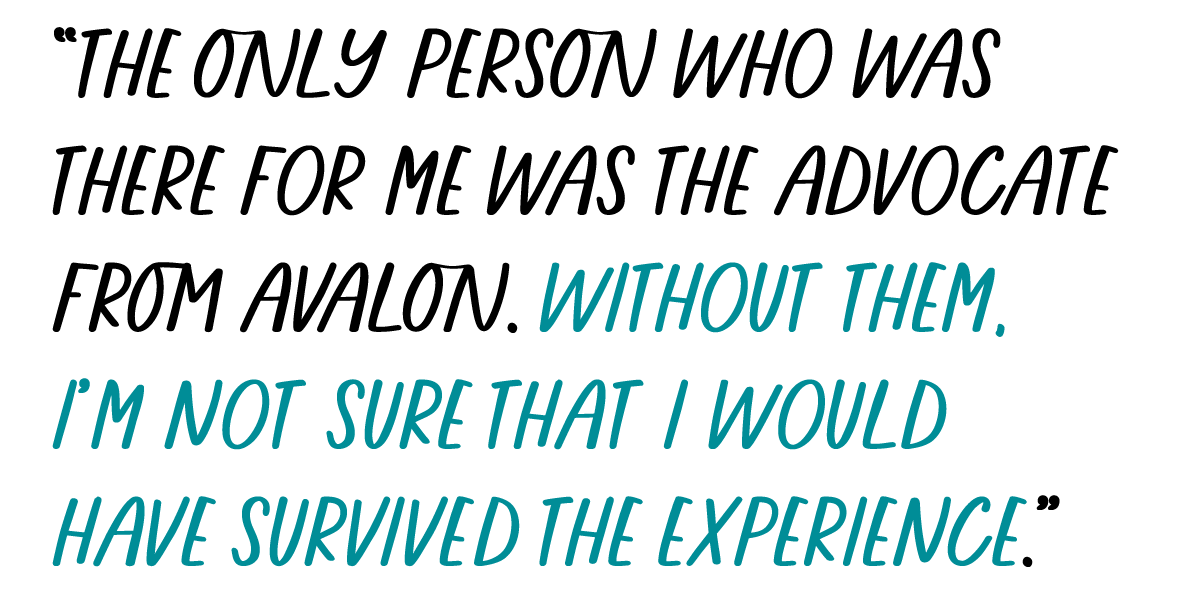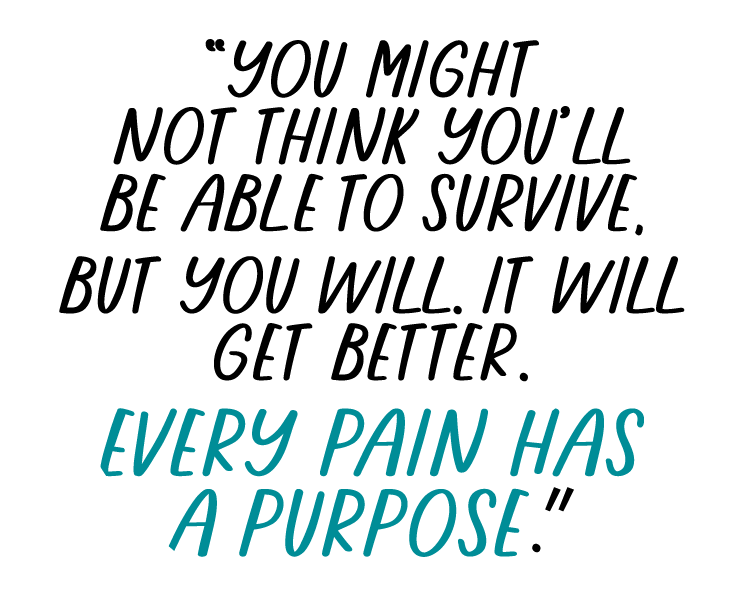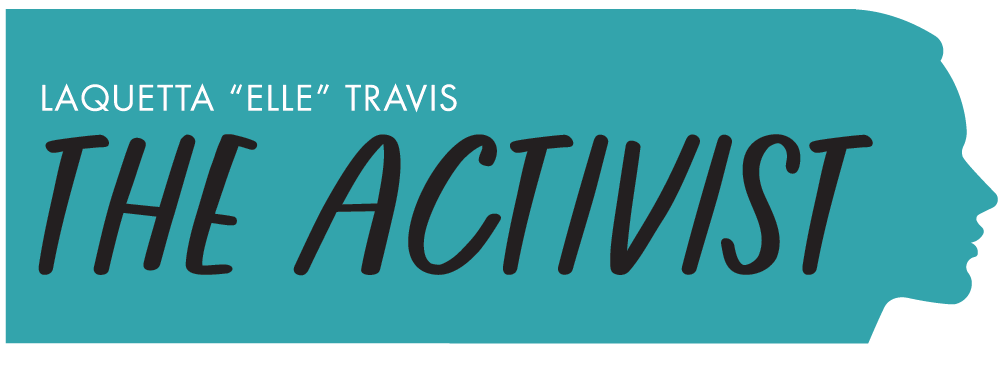Growing up on the eastside of Detroit, Laquetta “Elle” Travis had seen a lot. “So much happens there, some of it good, some of bad,” she shares. “I was sexually assaulted twice — once when I was 19 and again when I was 22 — and I reported those rapes in 2006 and again in 2008, but nothing ever happened. Then, in 2016, I got a call from Wayne County Safe — what Avalon used to be called — and they let me know that they had finally processed my rape kits, and found my attacker.”
Travis is far from alone in this experience: In 2009, Wayne County Prosecutor Kim L. Worthy’s office found nearly 12,000 untested rape kits in a storage warehouse. Working in concert with area agencies such as Avalon, Worthy’s office engaged in a ten-year project to ensure that every kit was tested and every assault was investigated. “I really had internalized my sexual assaults, especially because I didn’t receive any justice or even follow-up regarding my reports,” she recalls. “I turned that pain inward, and, really, I wasn’t living. I thought I was because the trauma happened at such a young age, I was living with it, but it had broken me. I was just barely surviving, the silence had broken me.”
Avalon’s outreach was in support of sexual assault survivors who were about to embark upon the criminal justice process. Their advocates work with people to guide them through the legal aspects, help them understand what to expect, and stand with them during heavily emotional experiences such as depositions, testifying, and verdicts. “I felt a lot of pressure because my rapist was a serial rapist, but my case was the only one they could prosecute because of the statute of limitations,” she explains. “Of course, they couldn’t bring in his history of assault or talk about it, although his DNA had showed up in multiple rape kits. So we knew that this was a bad guy who had a long history of hurting others, but there was only so much that could be shared.”
 This reality was even more infuriating for Travis when the verdict in her case came back as not guilty. “It was a body blow, I wasn’t prepared for that,” she remembers. “But my advocate was there with me, stood with me, and supported me as the verdict was read. I know that the people working on the case are trying to do their best, but the only person who was there for me — who is there for any survivor — was the advocate from Avalon. Without them, I’m not sure that I would have survived the experience.”
This reality was even more infuriating for Travis when the verdict in her case came back as not guilty. “It was a body blow, I wasn’t prepared for that,” she remembers. “But my advocate was there with me, stood with me, and supported me as the verdict was read. I know that the people working on the case are trying to do their best, but the only person who was there for me — who is there for any survivor — was the advocate from Avalon. Without them, I’m not sure that I would have survived the experience.”
Working with Avalon actually refocused her and helped her embark upon a new path in her life. “When all of this was happening, I had a 15 year old daughter, and I knew that I couldn’t just sit back and not make my voice heard,” Travis says. “I wanted to make it painfully clear to everyone who had had the power to help women and instead chose to ignore them: This is not okay. You cannot do this again. We will not let you. And so Avalon created a space for me to begin my activism in the community, to ensure that something like this, this miscarriage of justice, never happens again.”
 While the rape kit backlog was cleared a few years ago, Travis knows that it’s just one small piece of the overall puzzle. “It’s really about education in the community, about talking to kids and teaching them the skills they need to keep themselves safe,” she explains. “That’s a lot of the work that I do now, but I’m also here as an advocate and support for other survivors of the rape kit stockpile. I’ve been through what they’re going through, and I can hear them and empathize. As a member of Avalon’s Survivor Advisory Committee, I speak out regularly and often. They were instrumental in creating this space for me to engage as an activist.”
While the rape kit backlog was cleared a few years ago, Travis knows that it’s just one small piece of the overall puzzle. “It’s really about education in the community, about talking to kids and teaching them the skills they need to keep themselves safe,” she explains. “That’s a lot of the work that I do now, but I’m also here as an advocate and support for other survivors of the rape kit stockpile. I’ve been through what they’re going through, and I can hear them and empathize. As a member of Avalon’s Survivor Advisory Committee, I speak out regularly and often. They were instrumental in creating this space for me to engage as an activist.”
In terms of the potential benefit that Avalon could have in other communities, Travis sees that their holistic approach could change lives. “It sometimes feels like everyone you’re working with, especially on the legal side, just wants you to show up, tell your story, shut up, and move on,” she shares. “They don’t understand the trauma involved, the pain and shame and terror that just showing up and telling our stories revisits upon us. But Avalon does, they know that, every time we’re speaking out and not staying silent, we’re reopening the wounds and, if not cared for properly, they will get infected. So they’re the medicine; they provide us the care we need in order to do this important work.”
One thing that Travis would love to see is for Avalon to expand the resources, outreach, and advisory work that they do in the community. “It would be phenomenal for us to have a speakers bureau, of sorts, a group of us who can work with schools, churches, community centers — whoever will have us — to provide real-world advice to kids,” she says. “I know that I will never meet the people who are coming up after me, who are hurt by others, but I also know that hurt people hurt people. We have to stop the cycle of violence somehow, and it starts with us, stepping up, being honest, and showing our community our strength of spirit.”
